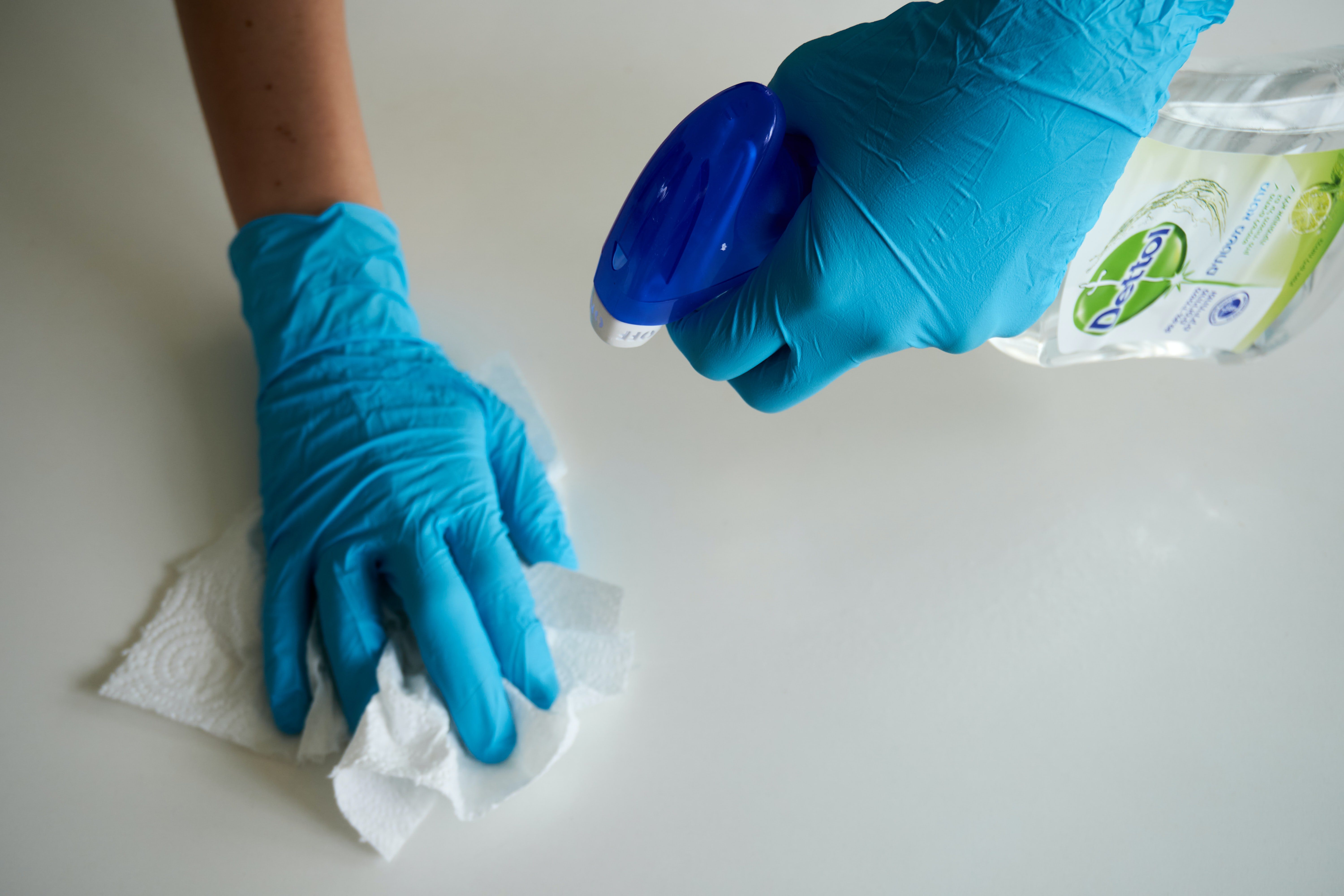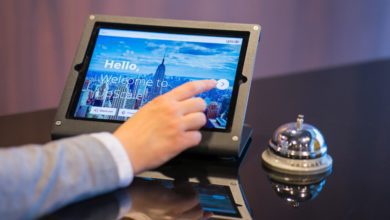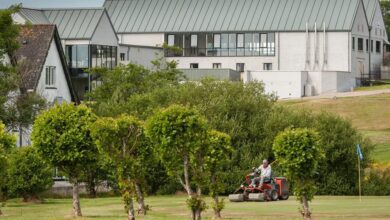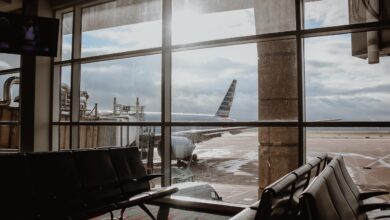Five tips for maintaining hotel hygiene standards in the new normal
By Mike Hardman, Alliance Online
We’ve all had to adjust to the new normal over the last year, and while the majority of hotels have stayed open, hoteliers have certainly had to alter their processes. For one, you’ve needed to ramp up your cleaning routine according to government guidance to ensure staff and customers are safe. The good news is, non-essential businesses have started to reopen, and restrictions on traveling around the UK are being eased. If you’re starting to get more bookings, you might be wondering how you can keep up your strict hygiene standards, while also catering to more guests.
Here, I’ll be offering my advice for maintaining your cleaning routine in the new normal.
Stay organised
As your rooms start to fill out and you’re catering to more guests, it’s important to keep your cleaning routine organised so you don’t let anything slip. This includes creating a clear cleaning rota, so everyone knows exactly what needs to be done and when. If you’re hiring new cleaning staff, a rota also ensures they’re immediately aware of each process.
It’s also a good idea to colour code your cleaning equipment, including cloths and sponges. This means staff can grab what they need for their job and prevents cross contamination between areas. The BICSc’s colour coding scheme uses the following colours for each task:
Red for bathrooms, toilets, showers, and bathroom sinks.
Blue for general public areas, such as reception.
Green for food preparation and catering areas.
Again, following a standardised system means any new cleaning staff will already be familiar with your colour coding scheme.
Clean all areas regularly
All communal areas, such as bathrooms, reception areas, restaurants, and bars, should be cleaned regularly. It’s a good idea to conduct a deep clean of communal areas each evening, and disinfect touch points, lift buttons, handrails, bar surfaces, and check-in desks, frequently throughout the day. You might want to create a checklist of these touch points, so nothing gets missed. Tables and menus should be cleaned after each use. To reduce the amount of contact with door handles, it’s a good idea to prop all doors open.
All bedrooms should undergo a deep clean once the guest has left. The Government has advised that rooms should be well-ventilated to reduce the spread of airborne Covid-19 particles. When staff clean each room, all windows should be opened if possible. Again, all touch points, such as light switches, door handles, phones, and all surfaces, should be disinfected. Bedding should be changed, and all waste bins should be emptied.
To avoid cross contamination, all cleaning trolleys should be left outside of the room during cleaning.
All staff should clean their hands regularly with hot water and an antibacterial soap for 20 seconds. It’s also good idea to have cleaning stations around your hotel complete with hand sanitiser for both guests and employees to use. Cleaning staff should ensure they clean their hands thoroughly before and after each cleaning task, and should also be supplied with disposable gloves.
Have the right cleaning product
Choosing the right products is essential for an effective cleaning routine. You’ll need plenty of sponges and cloths for each area, as well as mops with disposable heads to prevent cross contamination. If you haven’t got one already, you’ll also need a vacuum cleaner with a high-efficiency particulate absorbing filter (HEPA filter). These will trap fine particles such as dust and pollen in the vacuum cleaner and improve air quality, which is important for those with allergies or asthma.
You’ll also want to make sure you’re choosing cleaning products that are effective at killing bacteria. To do a deep clean, dilute 50ml of bleach in a litre of water to kill any germs. Then, follow with your usual disinfectant.
All disinfectant products should have passed the European standards EN 14476 or EN 1276, which states a chemical is effective at removing 99.999% of harmful microorganisms within a specified time. So, it’s also a good idea to check the label. Cleaners that pass EN14476 will need 15 minutes of contact time with the surface to be effective, while those that pass EN 1276 should only need five minutes.
Don’t forget uniforms
To prevent cross contamination, staff should wear a fresh uniform each day. If they aren’t already, it’s also wise to ask staff to change in and out of their uniform at work to avoid them taking any germs into their homes or bringing anything into the hotel. Uniforms should then be cleaned each day on a regular cycle.
While all your staff should be wearing your hotel uniform, they should also be fitted with the appropriate PPE. This includes face masks or visors for all staff, including reception, maintenance, and cleaning staff.
Up your staff training
As you welcome more guests, it’s likely you’ll also be bringing more staff back to your hotel, so it’s a good idea to ensure their training is up to date. All staff should be reminded of the importance of strict hygiene standards and should be made aware of the ways they can keep themselves and guests safe.
The Government guidelines have been known to change as we learn more about the virus, so it’s important you keep checking back to ensure your procedures are always up to date. If there’s any changes, all staff should receive the appropriate training right away.
By Mike Hardman, Alliance Online
Please note this piece is intended as advice only and Alliance Online aren’t responsible for any issues or illnesses that arise as a result of this article. Remember to always check the relevant guidance regularly to ensure you’re up to date with the latest news and best practice.










